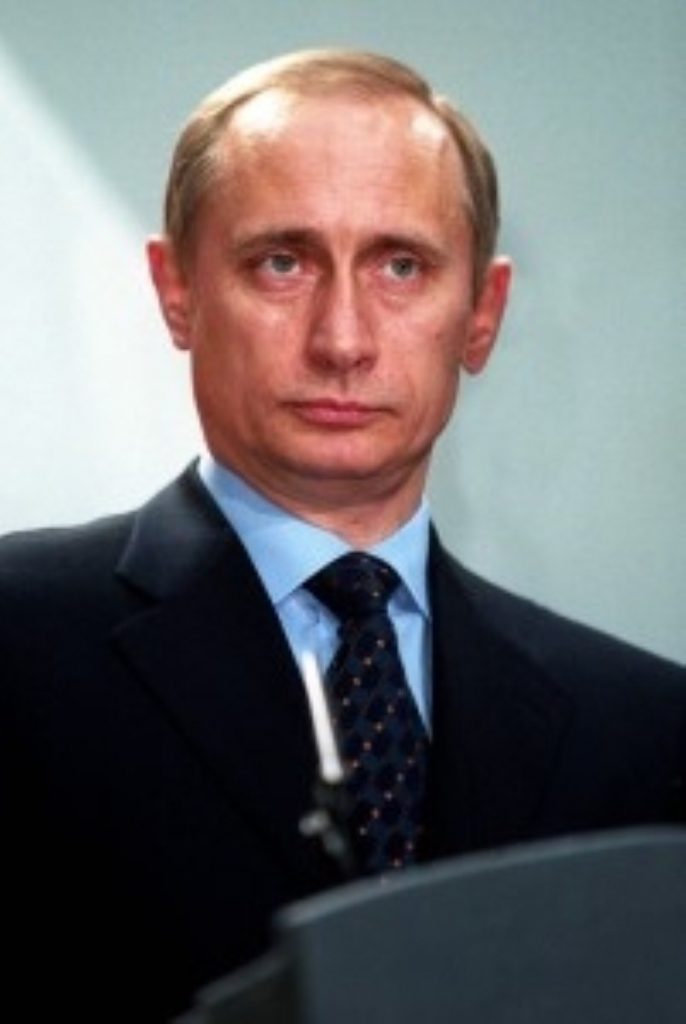Putin closes state visit
Vladimir Putin is leaving the UK following the first official visit of a Russian head of state to Britain since 1874.
The state visit came in recognition of the close ties developed between Russia and Britain since the end of the Cold War.
Speaking yesterday, Prime Minister Tony Blair expressed confidence that the very public differences between Mr Blair and Mr Putin over the Iraq war had not affected the atmosphere.
Mr Putin and his wife Lyudmila arrived in the country on Tuesday and were welcomed by the Queen at Buckingham Palace.


They travelled through London in an open topped carriage before a state banquet at which the Queen told the president that the two countries should remain ‘firm partners’ despite their differences over the war in Iraq.
Touring Edinburgh on Wednesday, the president spoke of the ancient cultural and military links between Russia and Scotland, which he first visited eight years ago as part of a trade delegation.
However, he also warned that international relationships could not be taken for granted despite the end of the Cold War.
‘We have come across new difficulties, new controversies and new threats of ethnic conflicts, international terrorism, organised crime, drug trafficking, environmental disasters, mass epidemics and the proliferation of weapons of mass destruction.
‘We should adequately respond to this challenge and the most adequate mechanism to react is solidarity. That can only be done by cooperation and trust,’ the Russian leader explained.
During his visit to the Scottish capital, Mr Putin toured Edinburgh Castle and took lunch at Holyrood Palace before meeting with Scottish leaders.
Yesterday he joined the Prime Minister at the opening of a Russia-UK energy conference at Lancaster House before holding an hour’s private talk with Mr Blair.
Despite the apparent success of talks between the two leaders, human rights campaigners have expressed concern about the role of Mr Putin’s government in enforcing control in Chechnya.
“We feel the international community should do more to encourage and help Russia to take action and improve its human rights record”, Amnesty International protests.
As well as the human rights issue focused on Chechnya, Amnesty urges action on such areas as citizenship, discrimination against ethnic minorities, racism, domestic violence and conditions of detention.












